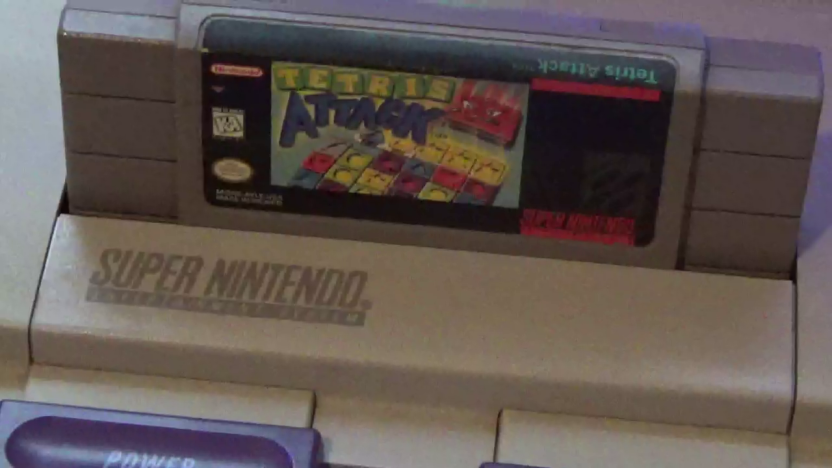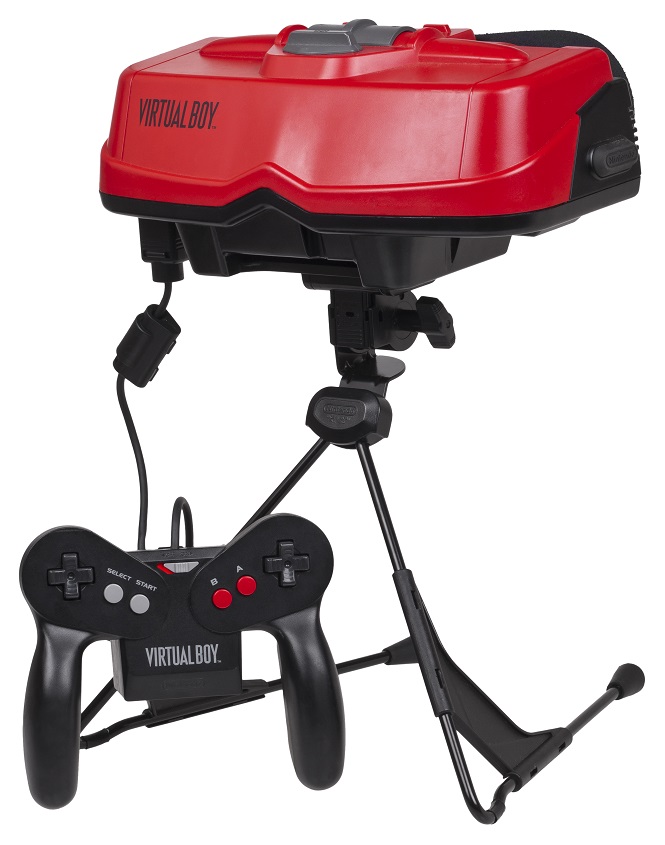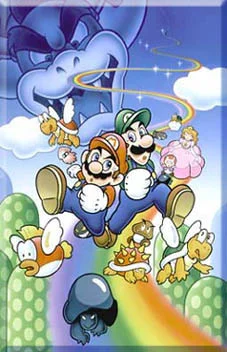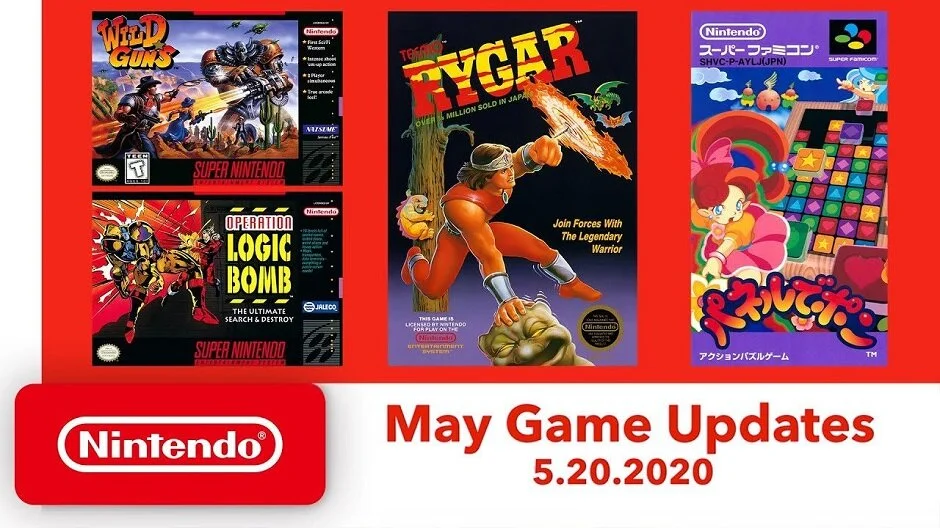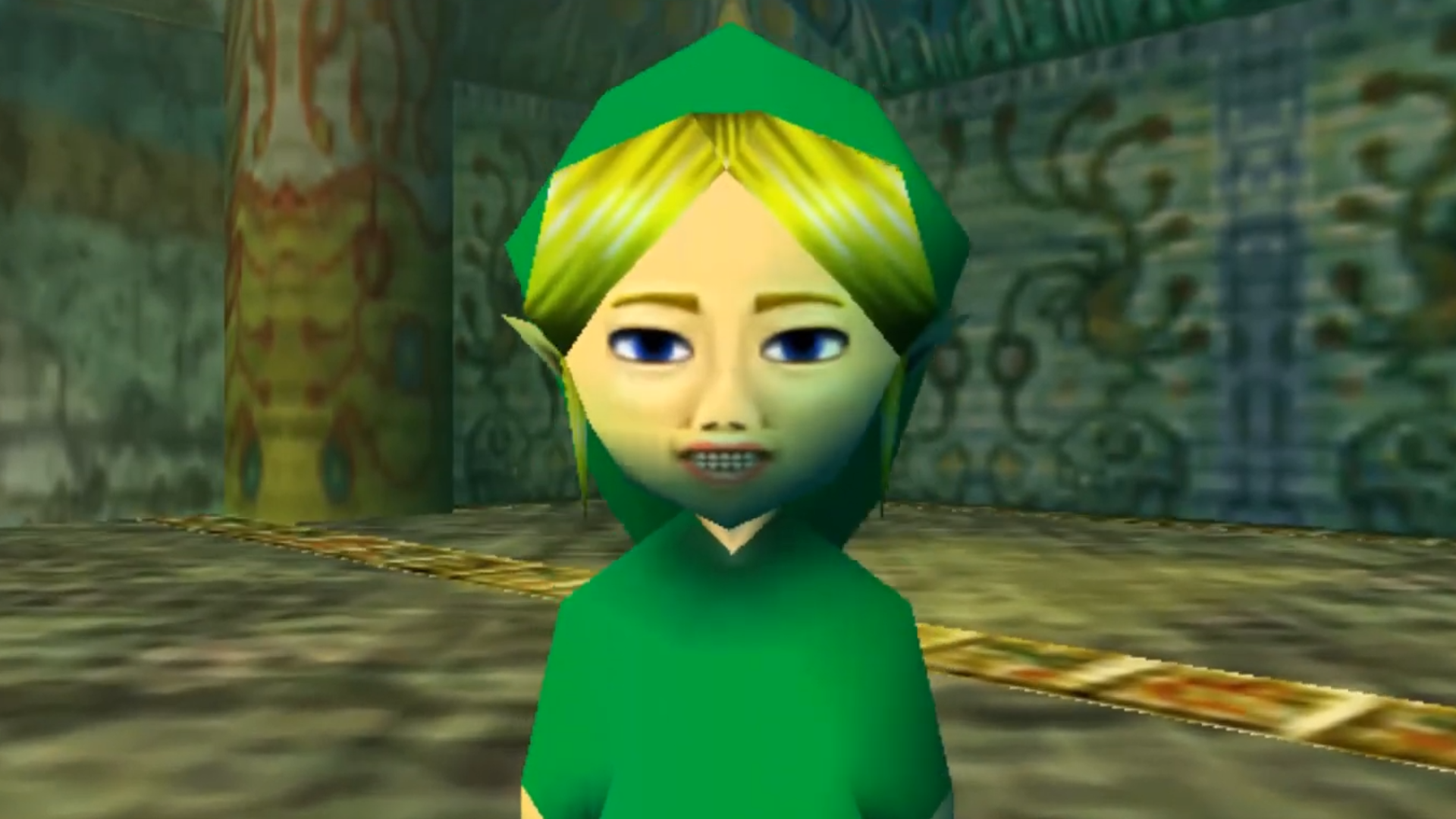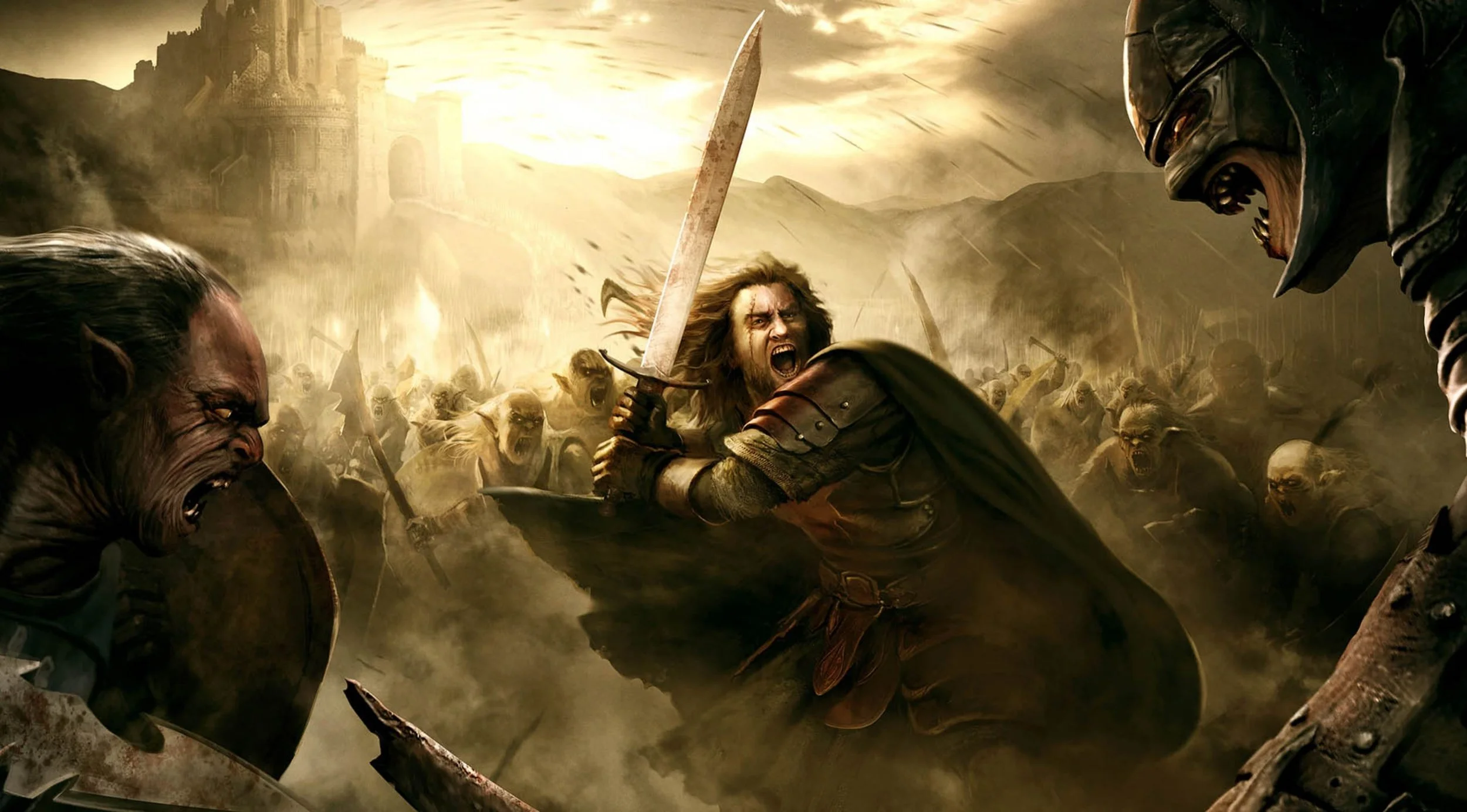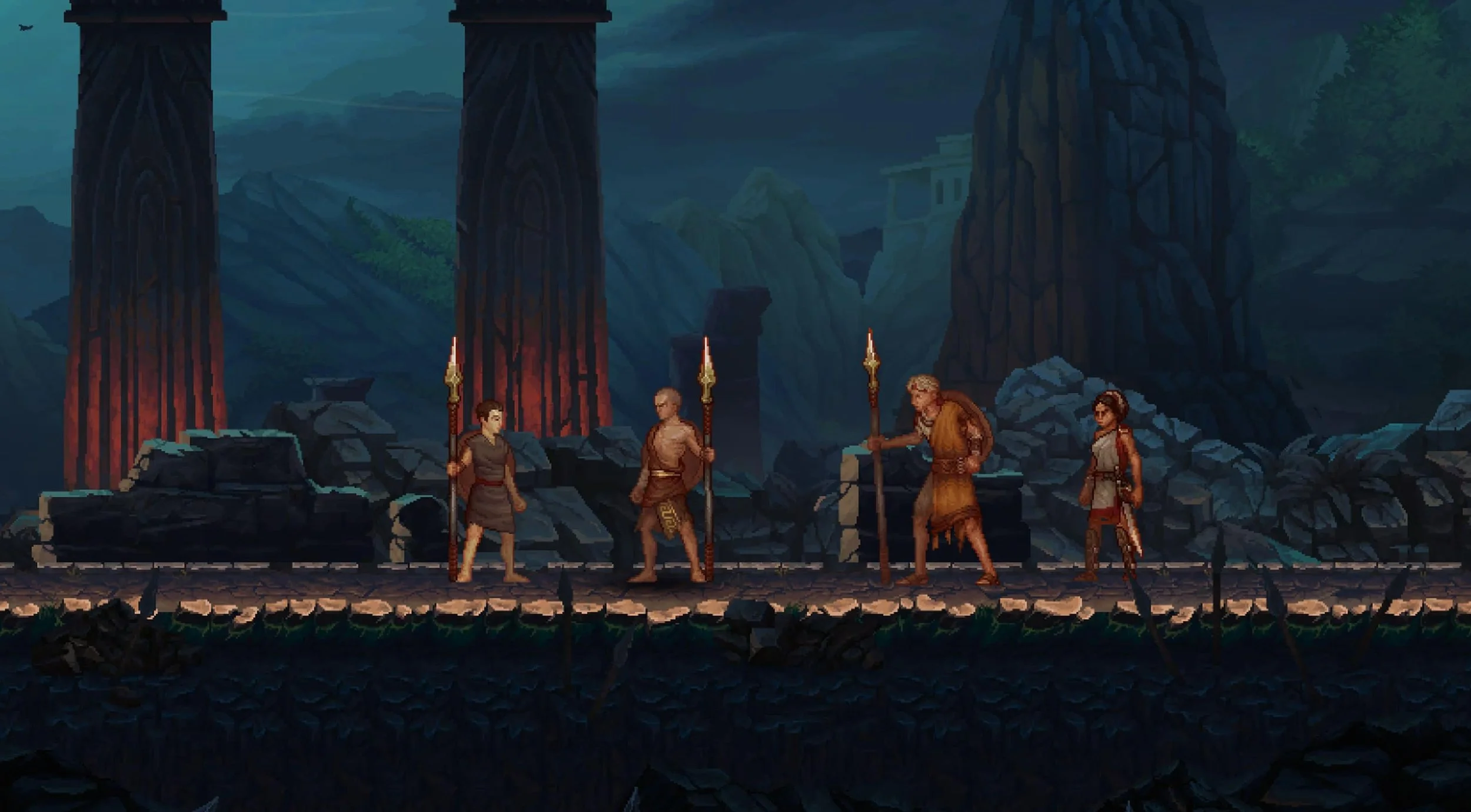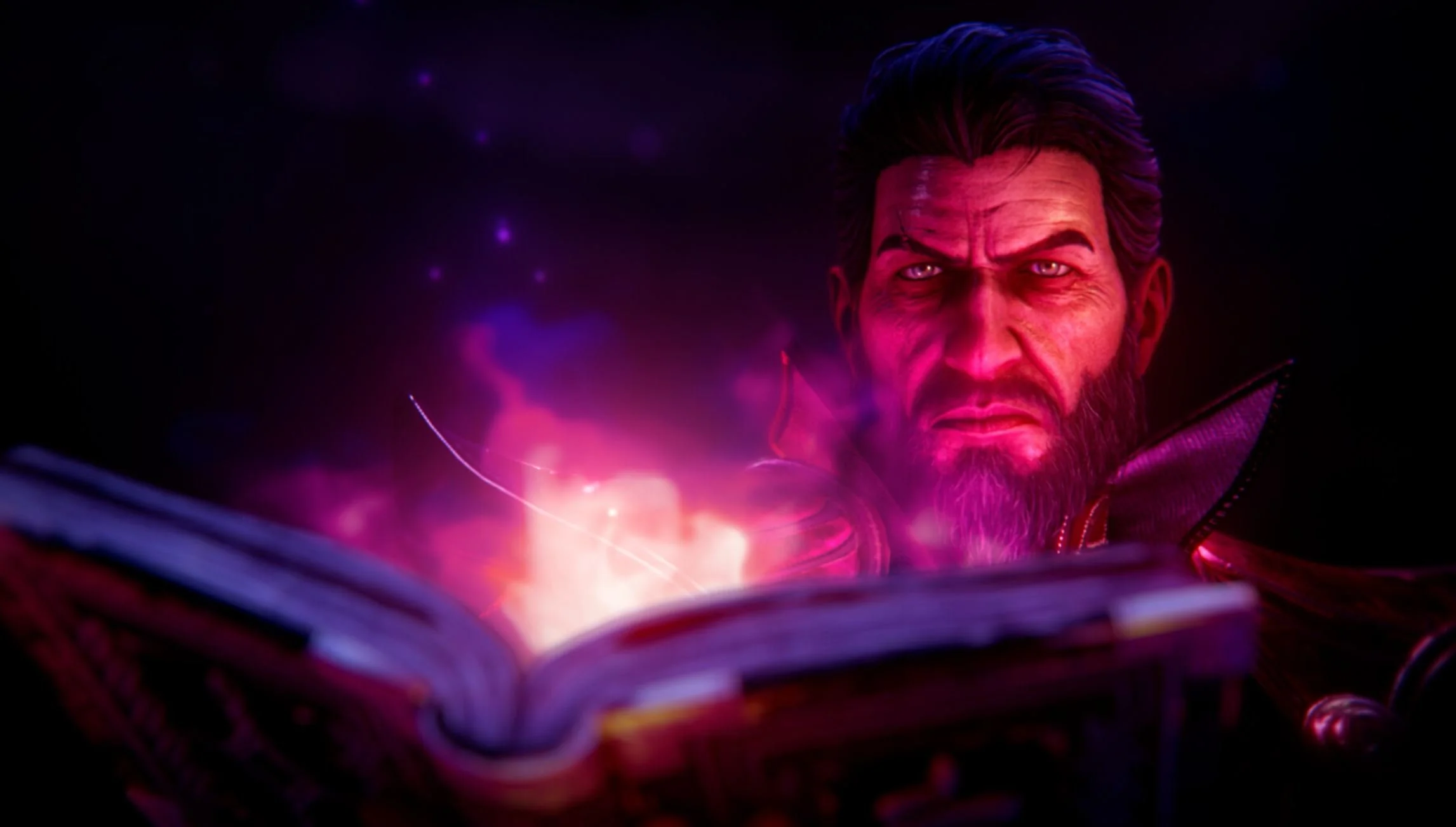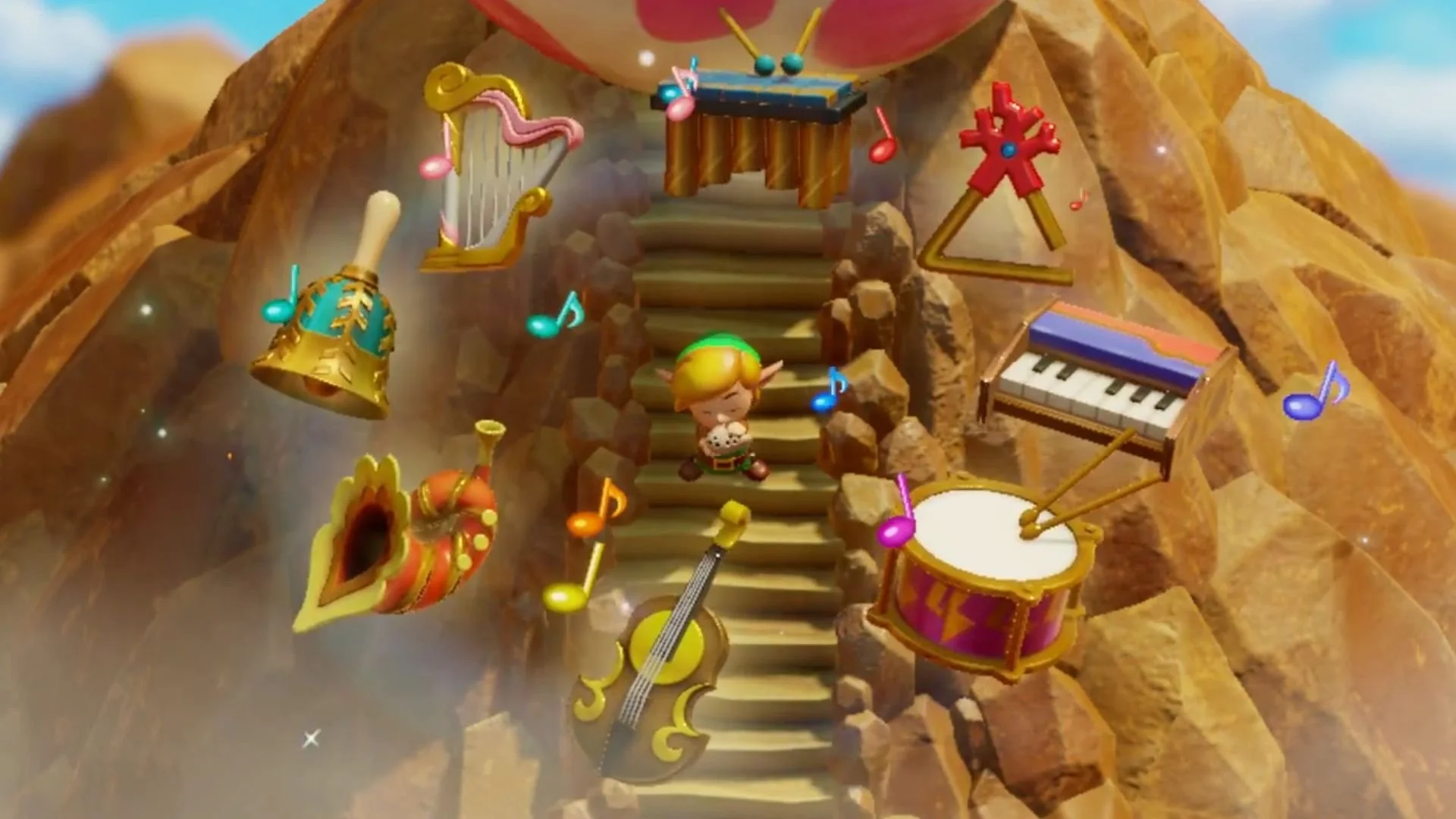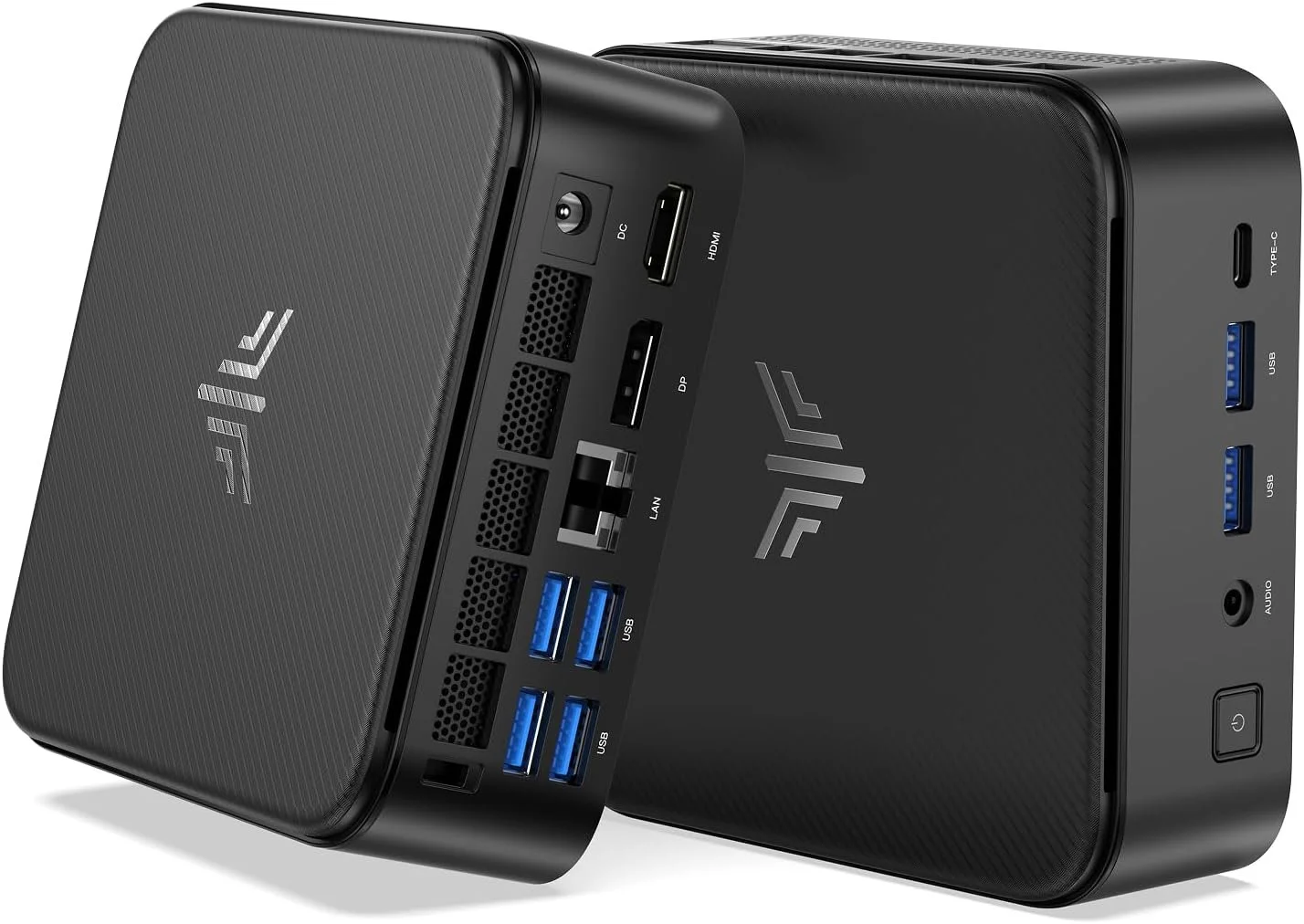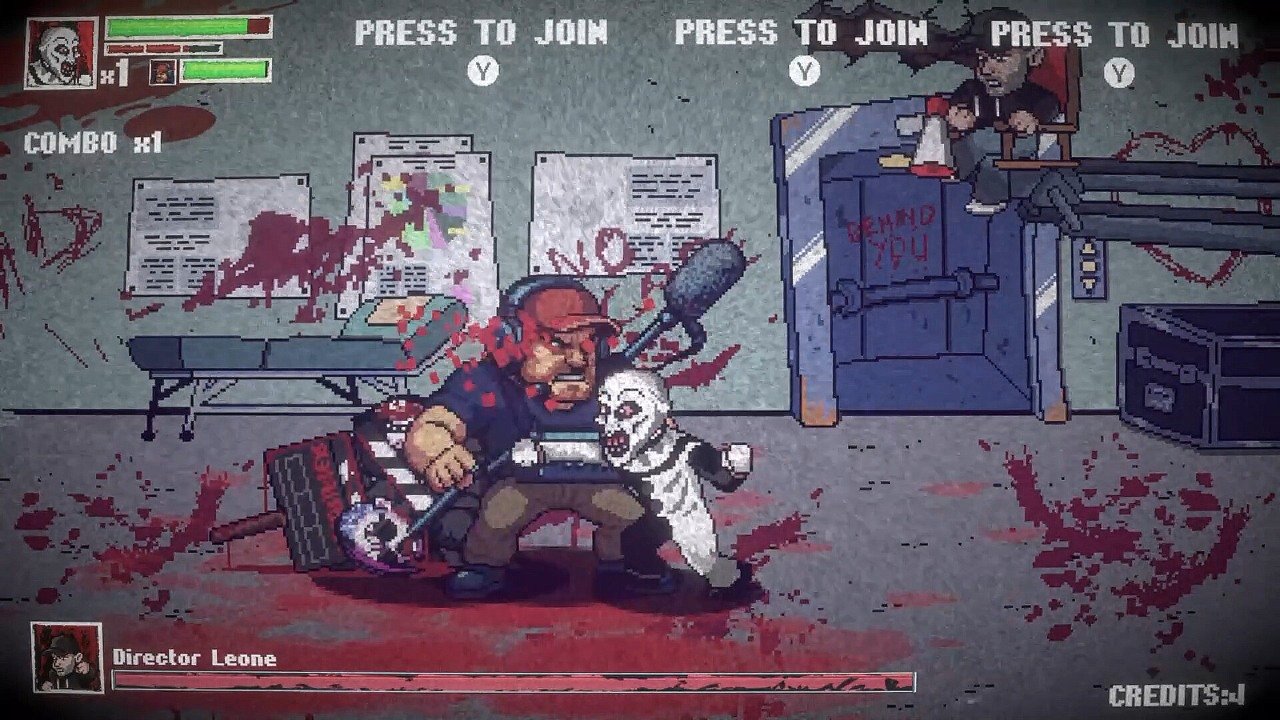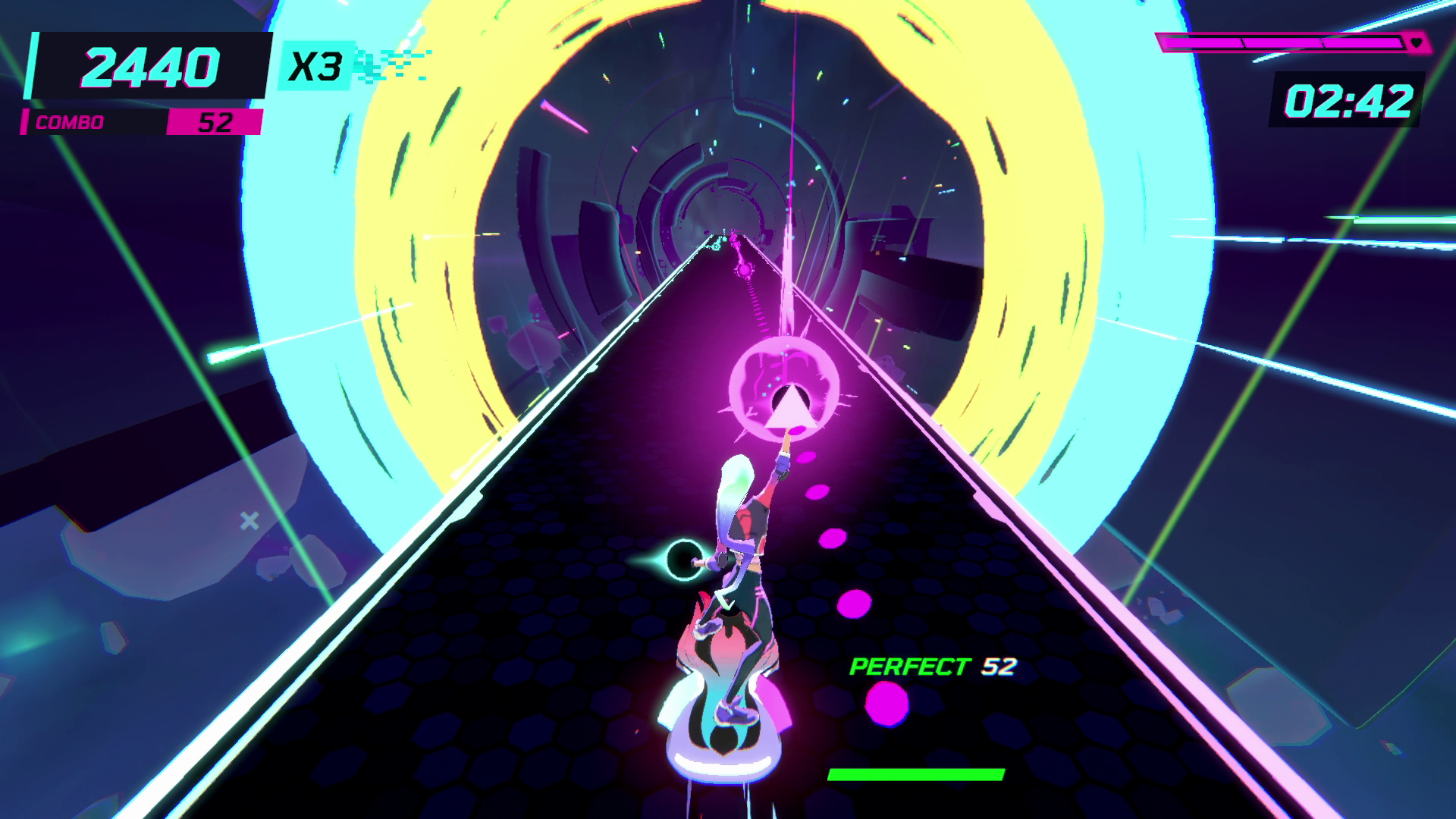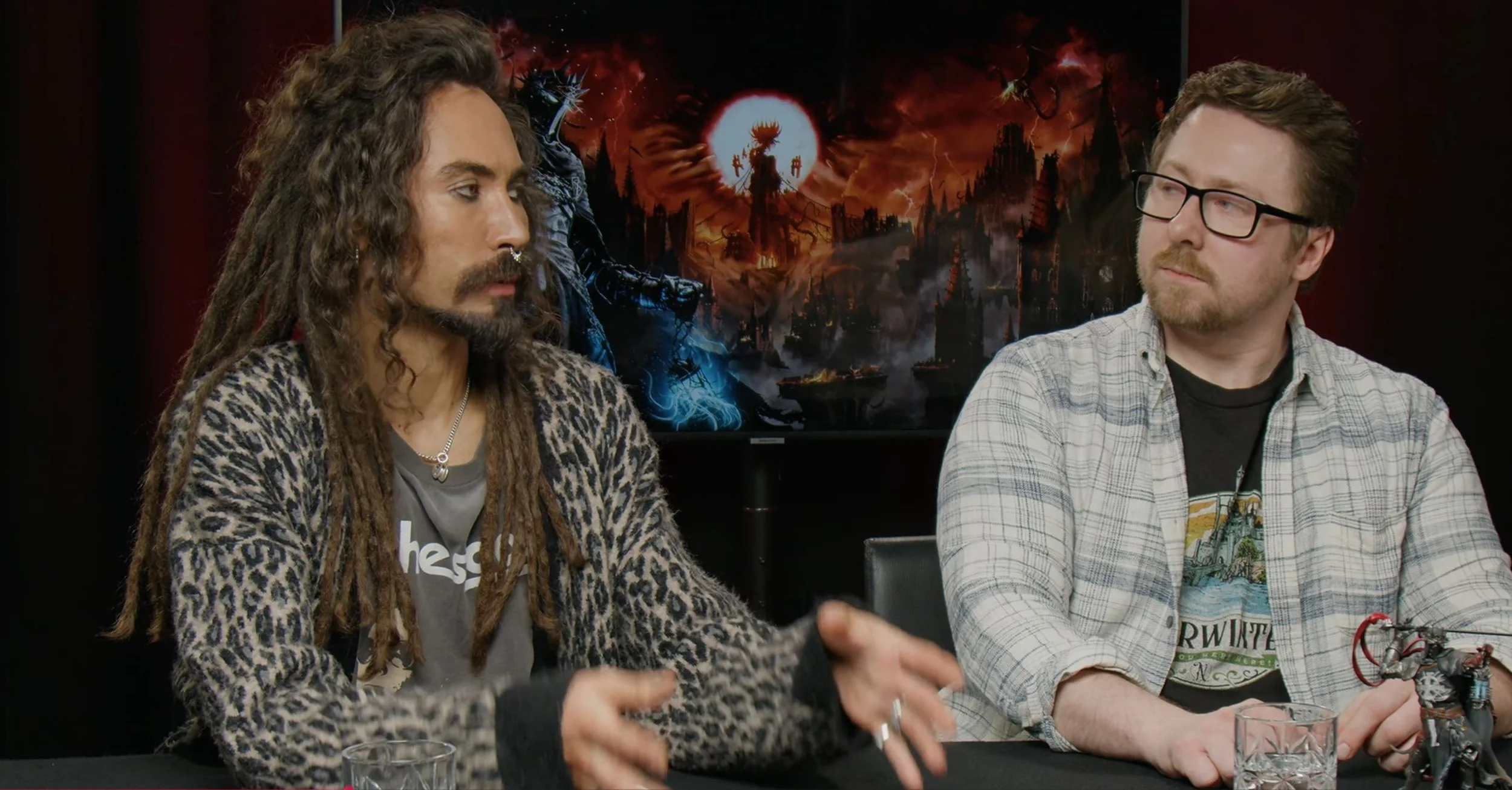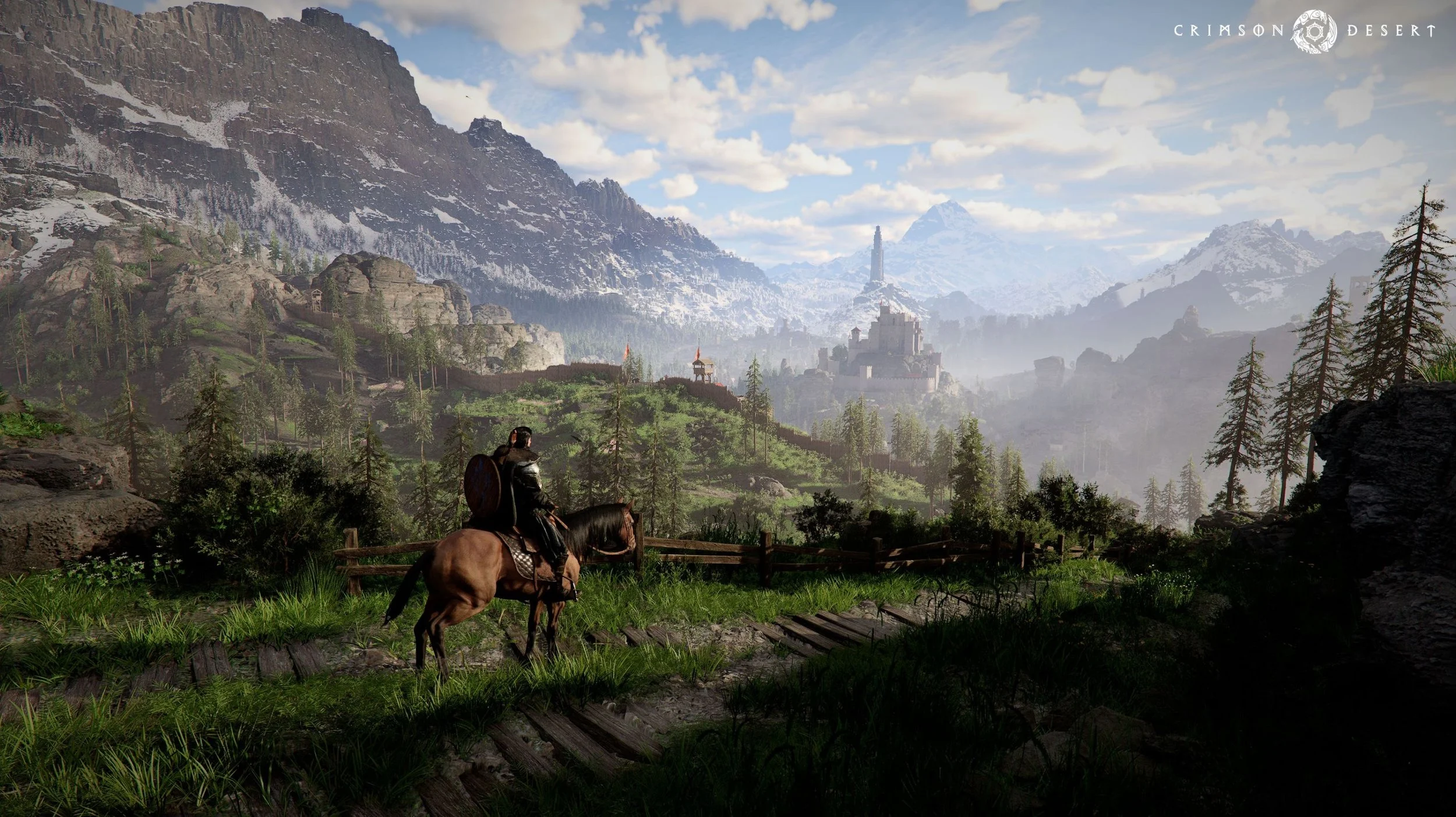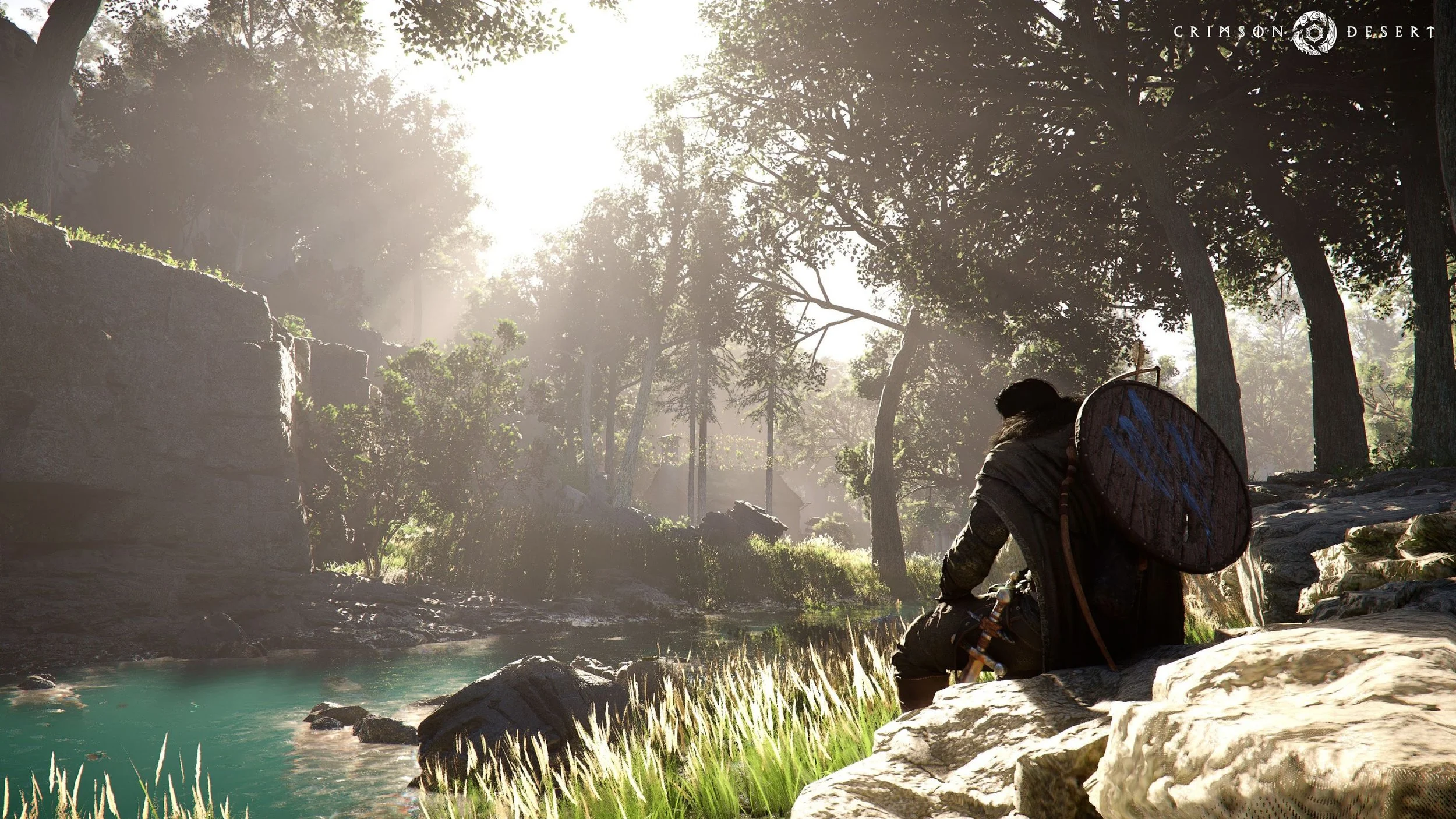We live in a world that was once infested with Candy Crush and Bejeweled. These are what you’d call Match Three puzzle games and they’ve both made buckets of money! Other games in this genre of puzzle games are Klax by Atari Games, Puzzle Fighter by Capcom, Columns by Sega, Puyo Puyo by Compile... and Panel de Pon by Nintendo!
Panel de Pon (or Puzzle League as some of the later North American releases would eventually be called) is one of those under-the-radar Nintendo series. I feel like people know what these games are, but maybe not necessarily by name. There was a time when there would be one Panel de Pon game coming every 2 or 3 years, but that being said, the games have been subject to some of the nuttiest region-locking you’ll ever see and they’ve never been able to keep the darn title together!
Whatever you call them, I like the games and thinking about how popular Candy Crush and Bejeweled were a few years back, I can’t help but ponder what it would have been like if Nintendo made a Panel de Pon for cellphones. Let’s see how deep the tile-swapping rabbit hole goes...
PANEL DE PON
Developed by Intelligent Systems and Nintendo R&D1 with no real expectations to speak of, Panel de Pon was a humble release for the Super Famicom that came out in late 1995. It seems so unsual that a puzzle game would be released so late. I feel like the puzzle game craze might have died out a few years prior, but that didn’t stop Nintendo.
In Panel de Pon, We follow the plucky little fairy Lip in her quest to rescue her friends and reclaim the Fairy Kingdom from the evil Thantaos (no, not the Marvel bad guy). The controls of Panel de Pon are simple: movement with the d-pad, Swap-- to swap the position of two blocks that are highlighted and Lift-- to make the blocks from the bottom rise faster. Lift carefully, though. Hold on too long and it’s game over!
What makes Panel de Pon special is how much control the Lift mechanic gives you over the pace of your play session. You can play it safe and keep things slow or increase your chances of getting Combos and Chains by Lifting... which also increased your chances of losing! Besides the main story mode (Versus Mode) and Endless Mode, there’s alos Puzzle and Line Clear modes. The sheer variety of modes give Panel de Pon a lot replayability.
In the more competitive modes, simply making Matches of 3 doesn't cut the mustard. Playing with a computer opponent (in either Story Mode or Versus Mode) or against friend puts the pressure on you to take more chances by Rising, as in those modes, Garbage Blocks appear when you do a more complex combo such as a Four Match or a Double Clear. These Garbage Blocks are pesky! They have to be cleared by a Match or Combo touching them and will eventually pile up if you don't take care of them fast!
Being very simple to pick up and play and having several game modes, Panel de Pon has all the makings of a classic Nintendo game. But officially, Nintendo has never released the game outside of Japan. Nintendo of America doesn't really talk about this game aside from the odd reference here and there. I first heard of Lip because her Stick makes an appearance in Super Smash Bros. Melee as an item and there’s even a trophy dedicated to it. And then there’s the fun little Easter egg of one of Kirby’s Stone forms in Super Smash Bros. being a Garbage Block from Panel de Pon.
The more I’ve learned about Lip and the Panel de Pon crew, the more it seems that Nintendo wants to sweep them under the rug. I've never heard an official statement as to why Panel de Pon was never localized, but the conjecture seems to be Nintendo of America's major focus was advertising to boys, and marketing their games as "boy toys" and they didn't want to market a game with fairies in it to boys. Which, if true is unfortunate, and I certainly don't like that mentality but what can ya do?
Beyond it’s 1995 Super Famicom release, there was a Satellaview version that came out in 1998 “BS Panel De Pon - Event '98“. Panel de Pon has also been re-released on Japanese Wii Virtual Console and was one of 21 games loaded into Super Famicom Classic Edition. It has never officially been released in it’s original format outside of Japan.
TETRIS ATTACK
Americans, Europeans and Australians were not deprived of the block-clearing fun as the Anglosphere instead got a variant of Panel de Pon in 1996 called “Tetris Attack”. It's not Tetris! There's no Tetriminoes! Similar to how Super Mario Bros. 2 was Doki Doki Panic under a different name, Tetris Attack is Panel de Pon released under a different name. Nintendo asked for permission from the Tetris Company to use the Tetris name in order to make this Yoshi re-skin of Panel de Pon identifiable as a puzzle game. It's by-and-large the same game but with Yoshi characters, a few new songs and a few minor graphical changes here and there. Like, Garbage Blocks look a lot meaner in the Tetris Attack version! You can still see the Wind Castle from Panel de Pon in the background; they didn't cover that up very well. And for some trivia that could win you a bar bet: I'm pretty sure this is the first game where Yoshi actually talks. One weird little unexpected advantage Tetris Attack has over Panel de Pon is that it has an Options selection on the main menu. One was programmed for Panel de Pon but dummied out for some unexplained reason.
I consider Tetris Attack to be a lower priority title from a business standpoint. I guess in the same way Donkey Kong Country 3 and Kirby’s Dreamland 3 were. In the US, barely a month later a bundle of joy called the Nintendo 64 would be rolling into stores and it’s flagship title Super Mario 64 would be the talk of the town that holiday season and this would be the case in Europe a few months later. This probably comes off a bit meaner than I intended because I certainly liked Tetris Attack back then. The game seemed to sell well enough and many people in my age group seem to remember and regard it fondly. I still see the odd Tetris Attack Tournament at game conventions and Gravity Falls creator Alex Hirsch expressed fondness for it on Twitter. So it has that going for it.
I find it funny in an ironic sense that Tetris Attack was made to give the Panel de Pon experience to the rest of the world but similar to how the original game would be locked in Japan, Tetris Attack became a pseudo-lost Nintendo title. Nintendo can’t re-release it without permission from The Tetris Company and have never bothered to do anything about that. They haven’t taken steps to change the name of the game or swap out the characters or something. It’s never been re-released beyond the SNES days. Not on Virtual Console, not on SNES Classic Edition. This version of Panel de Pon is stuck in the past. And I just don’t get it.
TETRIS ATTACK GB
The US and Europe would get a Game Boy version of Tetris Attack to compliment the SNES release. It was also released in Japan as “Yoshi no Panepon” a bit later in fall of 1996. It’s a very watered down version of Tetris Attack. It’s fine and functional for what it is, but not my first choice if I’m on a Panel de Pon fix.
BS YOSHI NO PANEPON
Before you get any wise ideas, the BS stands for “broadcast satellite” not well... ya know. This is a Japanese edit of Tetris Attack for Satellaview with a different name and all references to Tetris and the Tetris Company removed. So quick review: this is an edit of an American edit of a Japanese game... for Japan. Because the game was played via a broadcast from a satellite and not physically released this version and the Panel de Pon version and for that matter every other game for the Satellaview (like the acclaimed BS Legend of Zelda) are lost media.
PANEL DE PON GB
There’s evidence to suggest that at one point Lip and her friends were gonna get their own Game Boy game. The hurdle?... it was never finished! A surprisingly functional, yet incomplete prototype version of Panel de Pon GB is burried deep within the ROM data of the next proper installment of the series...
(continued in part 2...)




